Conspiracy theories, those captivating narratives that propose secret plots by powerful individuals or groups, have been around for centuries.
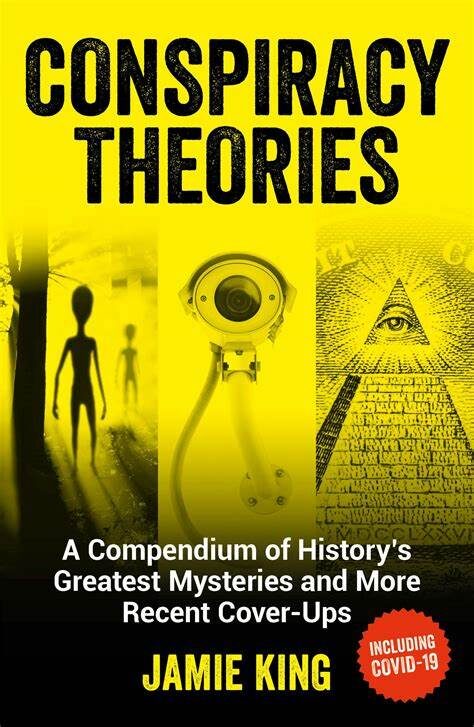
Read More: conspiracy theories
They offer alternative explanations to events, often challenging mainstream narratives and sparking debate. Let’s explore the fascinating history of conspiracy theories, tracing their origins and examining their enduring appeal.
Ancient Roots
Conspiracy theories are not a modern phenomenon. They have existed throughout history, with examples found in ancient civilizations. One of the earliest and most famous conspiracy theories revolves around the death of Julius Caesar in 44 BC. While the official account states that he was assassinated by a group of Roman senators, some believed that Caesar was actually the victim of a larger conspiracy involving his political rivals.
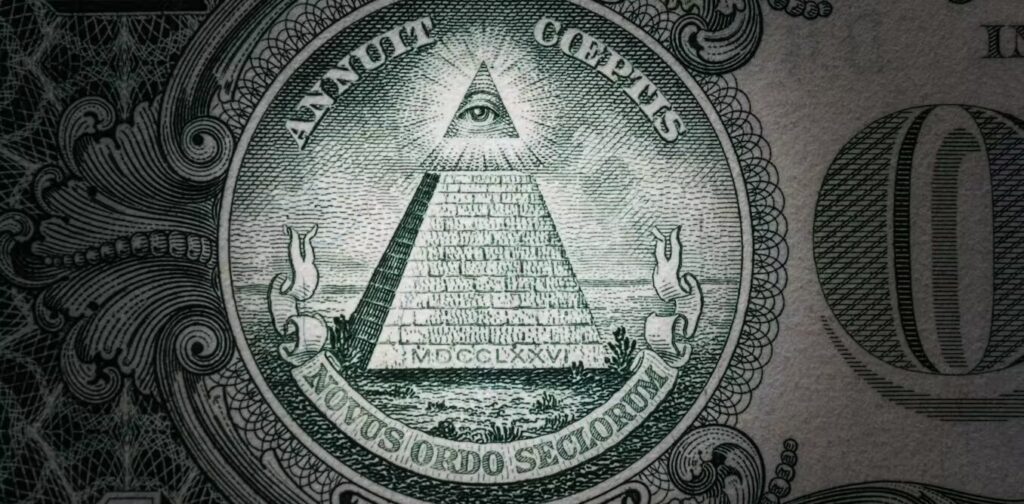
Another notable example from ancient times is the Great Fire of Rome in 64 AD. While the Emperor Nero was widely blamed for the fire, rumors circulated that he was not responsible and had instead framed the Christians, who were then persecuted.
The Middle Ages and Beyond
During the Middle Ages, conspiracy theories continued to thrive, often fueled by social and political unrest. One popular theory was that Jews were responsible for poisoning wells and spreading the Black Death, a devastating plague that swept through Europe. This baseless accusation led to widespread persecution of Jewish communities.
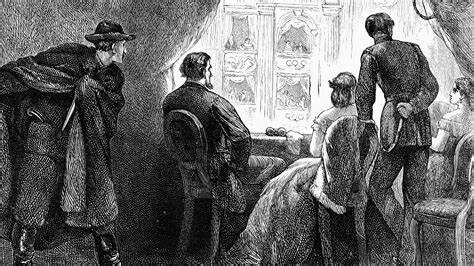
Read More: How to Sell Your Products on Jumia: A Step-by-Step Guide
In the centuries that followed, conspiracy theories became increasingly intertwined with political events. The Gunpowder Plot of 1605, an attempt to blow up the British Parliament, gave rise to theories about Catholic involvement and hidden agendas. The French Revolution also spawned numerous conspiracy theories, with some believing that the revolution was orchestrated by secret societies like the Freemasons.
The 20th Century and the Rise of Modern Conspiracies
The 20th century witnessed a surge in the popularity of conspiracy theories, fueled by major events like World Wars, the assassination of President John F. Kennedy, and the Cold War. The Kennedy assassination, in particular, has generated countless theories, with many questioning the official finding that Lee Harvey Oswald acted alone.
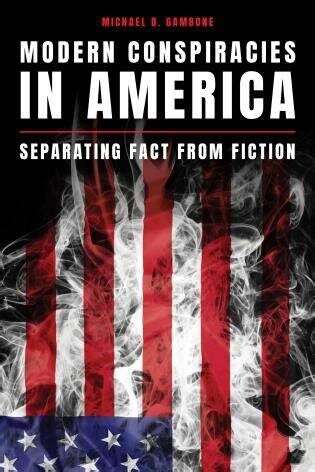
The advent of the internet and social media has further amplified the spread of conspiracy theories. The ease with which information, both accurate and inaccurate, can be disseminated online has created an environment where conspiracy theories can quickly gain traction and reach a global audience.
The Psychology Behind Conspiracy Theories
The enduring appeal of conspiracy theories can be attributed to several psychological factors. Some people are drawn to them because they offer simple explanations for complex events, providing a sense of order in a chaotic world. Others may be attracted to the idea of possessing secret knowledge or being part of an exclusive group that understands the “truth.”
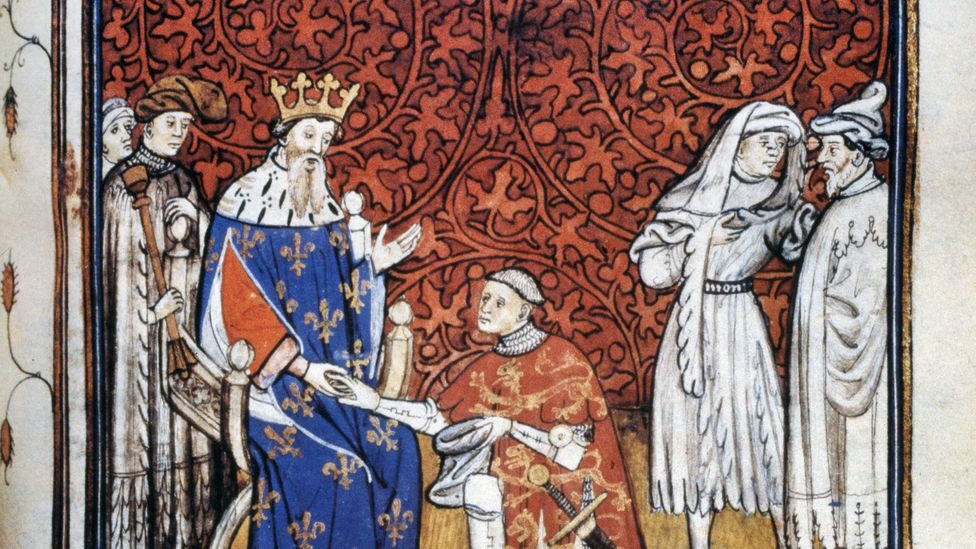
Read More: How to Make Money on TikTok: Your Ultimate Guide
Additionally, conspiracy theories can provide a sense of control and empowerment, especially for those who feel marginalized or disempowered. By believing in a conspiracy, individuals may feel like they are fighting against a powerful and oppressive force.
The Impact of Conspiracy Theories
Conspiracy theories can have significant consequences, both for individuals and society as a whole. They can lead to distrust in institutions, fuel social division, and even incite violence. In extreme cases, conspiracy theories have been used to justify acts of terrorism and genocide.
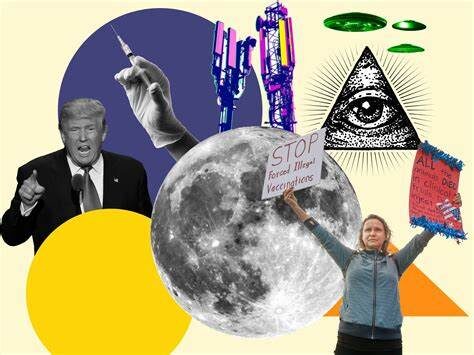
It is crucial to approach conspiracy theories with a critical eye, evaluating the evidence presented and considering alternative explanations. Promoting media literacy and critical thinking skills can help individuals resist the allure of conspiracy theories and make informed judgments about the information they encounter.
Conclusion
Conspiracy theories have a long and complex history, dating back to ancient times. They offer alternative explanations to events, often challenging mainstream narratives and sparking debate. While they can be captivating and thought-provoking, it is essential to approach them with a critical mindset, recognizing their potential impact on individuals and society.


